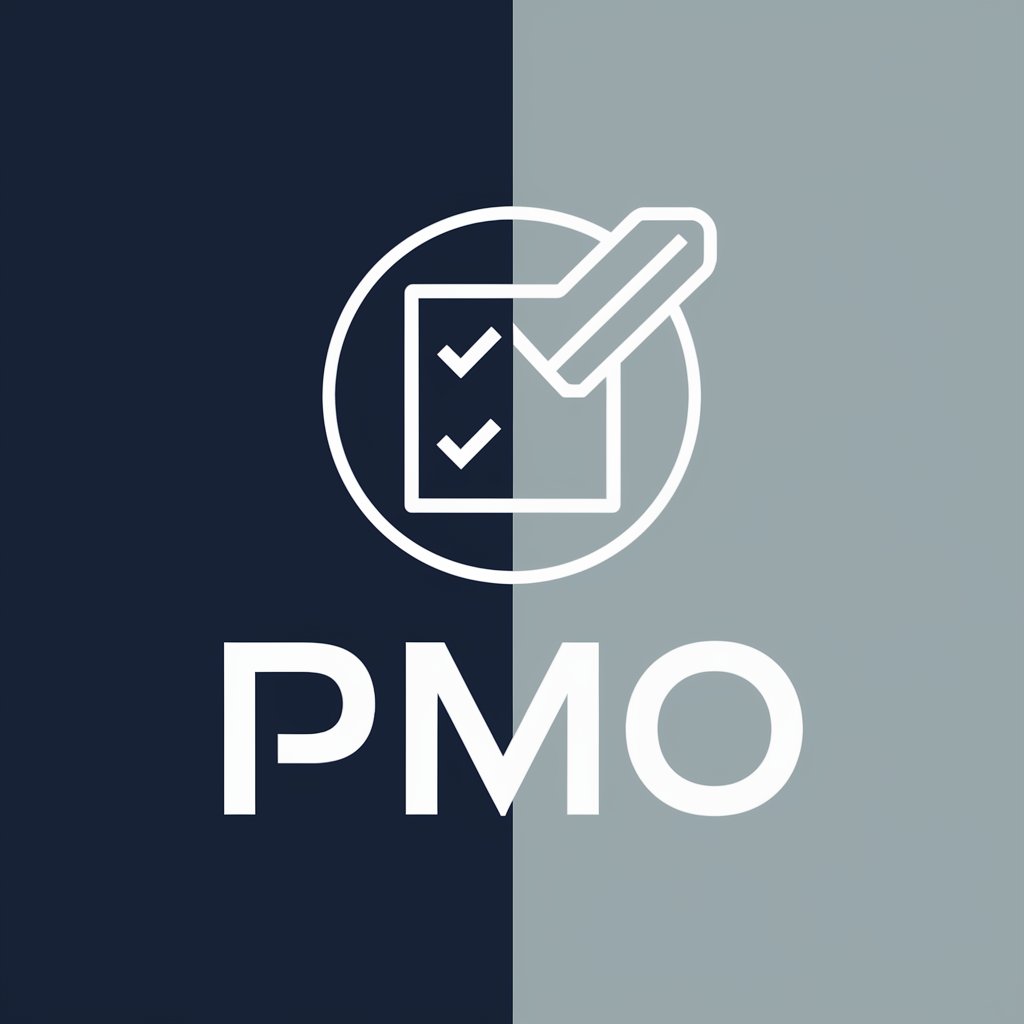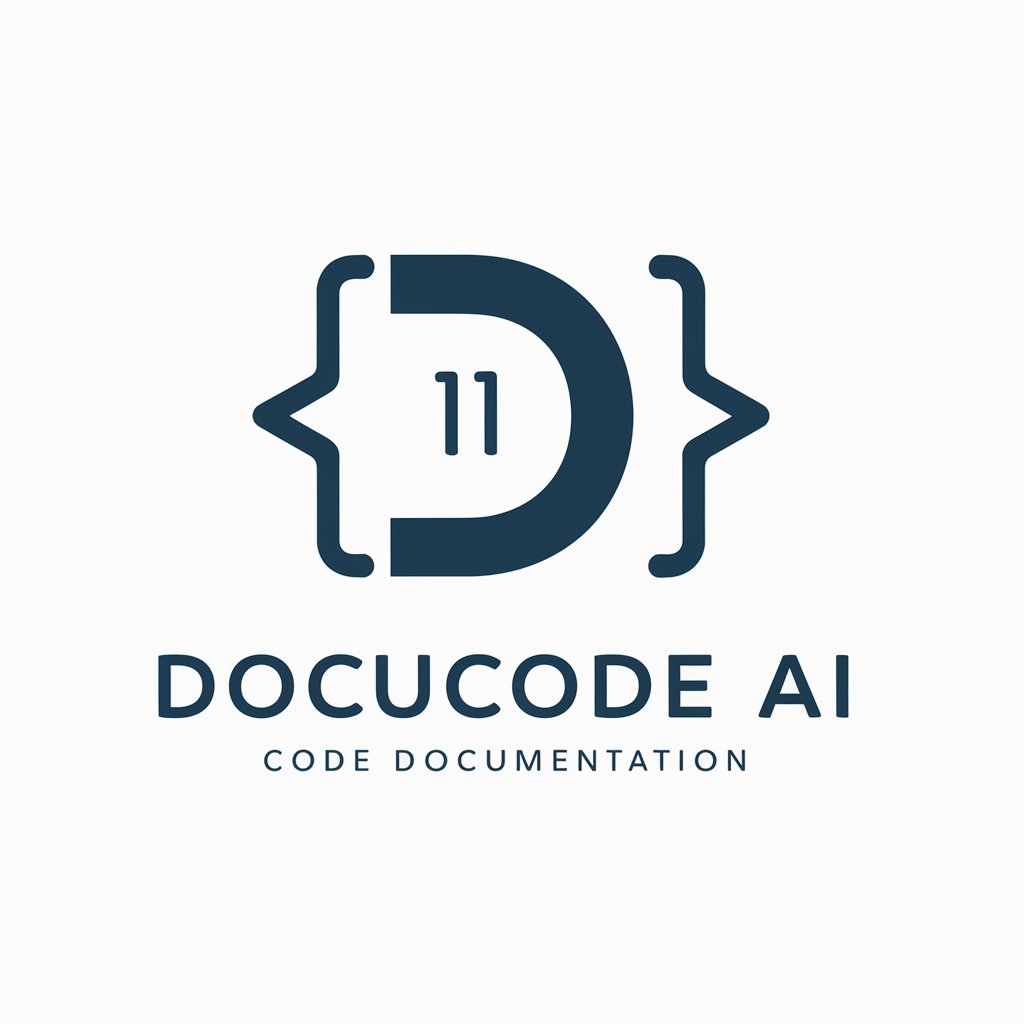PMO (Project Management Officer) para um projeto - PMO Integration Guide

Welcome! Let's optimize your project management journey.
Empowering Projects with AI-driven Management
Create a comprehensive project timeline for a team of 10 members...
Develop a strategic communication plan for stakeholders in a tech sector project...
Identify key risks and mitigation strategies for a 6-month project...
Outline relevant KPIs to monitor the progress of a $100,000 budget project...
Get Embed Code
Overview of PMO (Project Management Officer) for Projects
A Project Management Officer (PMO) for projects is an integral role within project management, serving as the backbone for managing large and complex initiatives across an organization. This role primarily focuses on standardizing project-related governance processes and facilitating the sharing of resources, methodologies, tools, and techniques. The responsibilities of a PMO can range from defining and maintaining project management policies to managing project portfolios and providing support and training within an organization. A typical scenario where a PMO's function is crucial includes overseeing a major enterprise-wide software implementation, ensuring that project practices are consistent and that progress tracking aligns with corporate standards. Powered by ChatGPT-4o。

Key Functions of PMO (Project Management Officer)
Governance
Example
Establishing structured schedules and project standards.
Scenario
In a multinational corporation, the PMO develops governance frameworks that standardize project management processes across all branches, improving consistency and outcome predictability.
Resource Management
Example
Allocating resources effectively to maximize efficiency.
Scenario
A PMO oversees the distribution of resources, such as personnel and tools, among competing projects in an IT department to ensure optimal utilization without overextending resources.
Risk Management
Example
Identifying and mitigating risks to ensure project success.
Scenario
During a large construction project, the PMO identifies potential safety and compliance risks that could delay the project, implementing mitigation strategies to prevent project delays and cost overruns.
Performance Measurement
Example
Tracking progress and performance to objectives.
Scenario
The PMO sets up key performance indicators (KPIs) for a marketing campaign project to measure the effectiveness of each phase against pre-defined success metrics, enabling timely adjustments.
Reporting and Communication
Example
Facilitating clear, timely communication between stakeholders.
Scenario
For a product development project, the PMO organizes regular update meetings and reports for stakeholders, ensuring everyone is informed of the project status and any critical issues.
Ideal Users of PMO Services
Large Enterprises
These organizations benefit from PMO services due to their complex structures and multiple simultaneous projects needing alignment with the company's strategic goals.
Government Agencies
Government projects often require rigorous documentation and compliance with specific standards, areas where PMOs can provide significant expertise and oversight.
Start-ups and Small Businesses
While it may seem counterintuitive, start-ups and small businesses can leverage PMO services for scaling up efficiently by establishing robust project management practices early.

Guidelines for Using PMO for a Project
Begin Free Trial
Visit yeschat.ai to start a free trial without any login or subscription to ChatGPT Plus.
Define Project Scope
Determine the scope and objectives of your project to align the PMO's focus with your project's goals.
Select Tools and Techniques
Choose project management tools and methodologies that suit the scale and complexity of your project.
Integrate Team
Integrate your project team using the PMO framework to streamline communication and workflows.
Monitor and Optimize
Regularly monitor project progress using PMO metrics and adjust strategies as necessary to enhance efficiency.
Try other advanced and practical GPTs
Success with Positive Minds
Empowering Minds with AI

REBTクライアント
Empowering Counseling with AI

Dream Interpreter
Unveil the Secrets of Your Dreams with AI

Dr. Sebastian Archibald Harrington
Unlocking Knowledge with AI

Short Term Property Loans in Australia
Empower Your Property Goals with AI-Driven Loan Solutions

DocuCode AI
Empower your coding with AI-driven documentation

Budget Buddy
AI-driven Savings at Your Fingertips

myGuide About the Fathers
AI-powered Legal Navigator for Fathers

Киномастер
Illuminate Your Cinematic Journey

AdRoastinator
Making Ad Critiques Engaging and Insightful

Cascade Web Solutions Onboarder
AI-Powered Website Building Made Easy

My Next Board Game
Discover Games, Unleash Fun!

Detailed Q&A about PMO for a Project
What are the key roles of a PMO in project management?
A PMO typically oversees project governance, ensures project alignment with corporate strategy, provides support and resources to project managers, and monitors compliance with processes and methodologies.
How can PMO contribute to cost management?
PMO facilitates efficient resource allocation, monitors budget compliance, and provides financial reporting to help manage and optimize project costs.
What impact does PMO have on project risk management?
PMO identifies potential project risks early, develops mitigation strategies, and maintains a risk register to minimize and manage the impact of these risks.
Can PMO improve project communication?
Yes, PMO establishes a structured communication plan that ensures timely and effective information exchange among stakeholders, supporting better decision-making.
How does PMO enhance project quality?
PMO sets quality standards, ensures adherence to these standards through regular audits and reviews, and fosters continuous improvement in project outputs.
